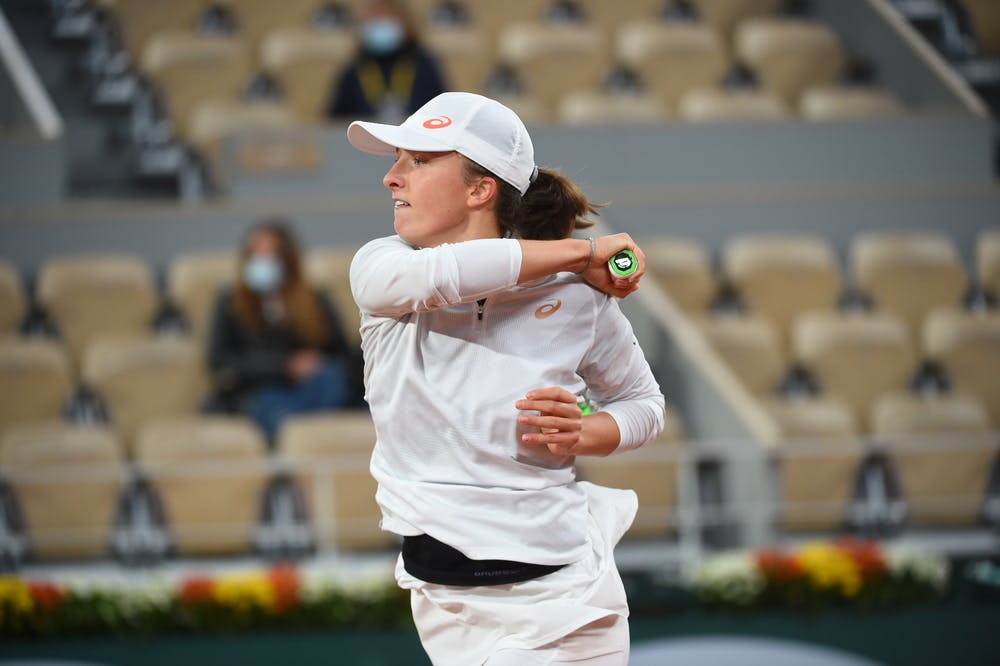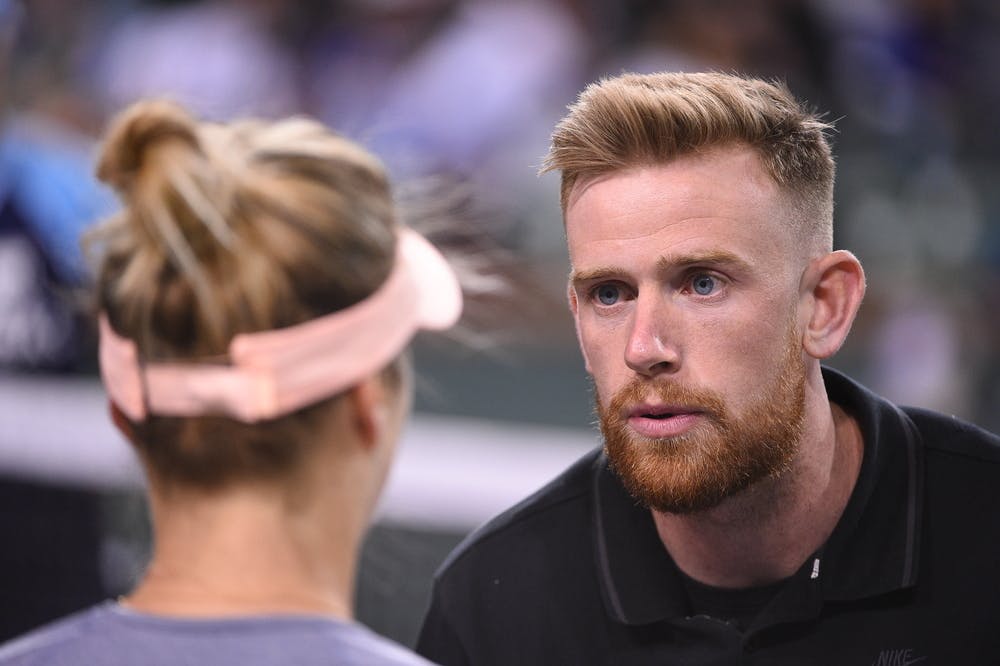When the tour shut down in March, Fernando Vicente, coach of Andrey Rublev, said he felt depressed. After years of dealing with injuries, his charge was finally in good health and making progress. Rublev started the season winning back-to-back titles and reeling off 11 consecutive wins, then suddenly tennis was stopped indefinitely.
"I was a bit depressed, feeling like 'Why now?'” Vicente said.
But the Spaniard says there were some positive aspects to the tour shutdown. There was more time than ever to add layers to Rublev’s game.
"I was thinking ‘Okay now we're going to have huge time’, and we prepared with the fitness coach and the physio,” said Vicente, who is a former top-30 player. “We had to improve his mobility, we needed to improve his legs, his defensive game, his touch, his net game, serve-and-volley, all the things that you don't have time to do because a normal offseason is different.”
 ROLAND-GARROS
19 May - 8 June 2025
ROLAND-GARROS
19 May - 8 June 2025


 © Corinne Dubreuil/FFT
© Corinne Dubreuil/FFT © Corinne Dubreuil/FFT
© Corinne Dubreuil/FFT